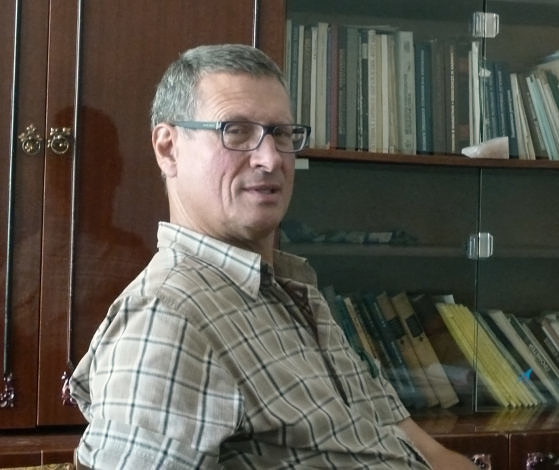Geowissenschaftliches Kolloquium - WiSe 2023
Vortrag von Prof. Dr. Reiner Klemd

Sustainable resource research and -security: Supply bottlenecks for high-tech metals
Rare earth elements are high-tech metals â rare and highly sought after all over the world. However, most of the previously known and economically exploitable deposits are located in China, where well over 90 percent are refined. Currently, China is taking over approx. 60% of world annual production. Thus, China occupies an almost monopoly position, dominating and restricting international trade, especially in heavy rare earth elements (HREE), which are currently economically mined almost exclusively (about 93%) in China. Due to their luminescent and reactive properties, rare earth metals are irreplaceable for the production of high-tech and advanced industrial products (particularly heavy rare earth elements). They are used for the production of permanent magnets, which are an essential part of the modern electronics of televisions, smartphones, notebooks, jet jets, rocket guidance systems, but especially of sustainable, green future technologies such as solar and wind power plants, electric motors and medical technology. In addition, rare earths are fairly evenly distributed throughout the world. However, there are very few deposits that can be developed economically. As the supply of heavy rare earths (and other high-tech metals) on the world market becomes increasingly scarce, in addition to the reduction and substitution of rare earth metals (and other high-tech metals), the exploration and discovery of new rare earth element deposits outside of China is of crucial economic importance. Particularly important for the German economy. For example, GermanyÂīs complete dependence on China for HREE supplies could lead to massive problems in the implementation of sustainable energy policy through Âīfuture technologiesÂī in the coming years.

